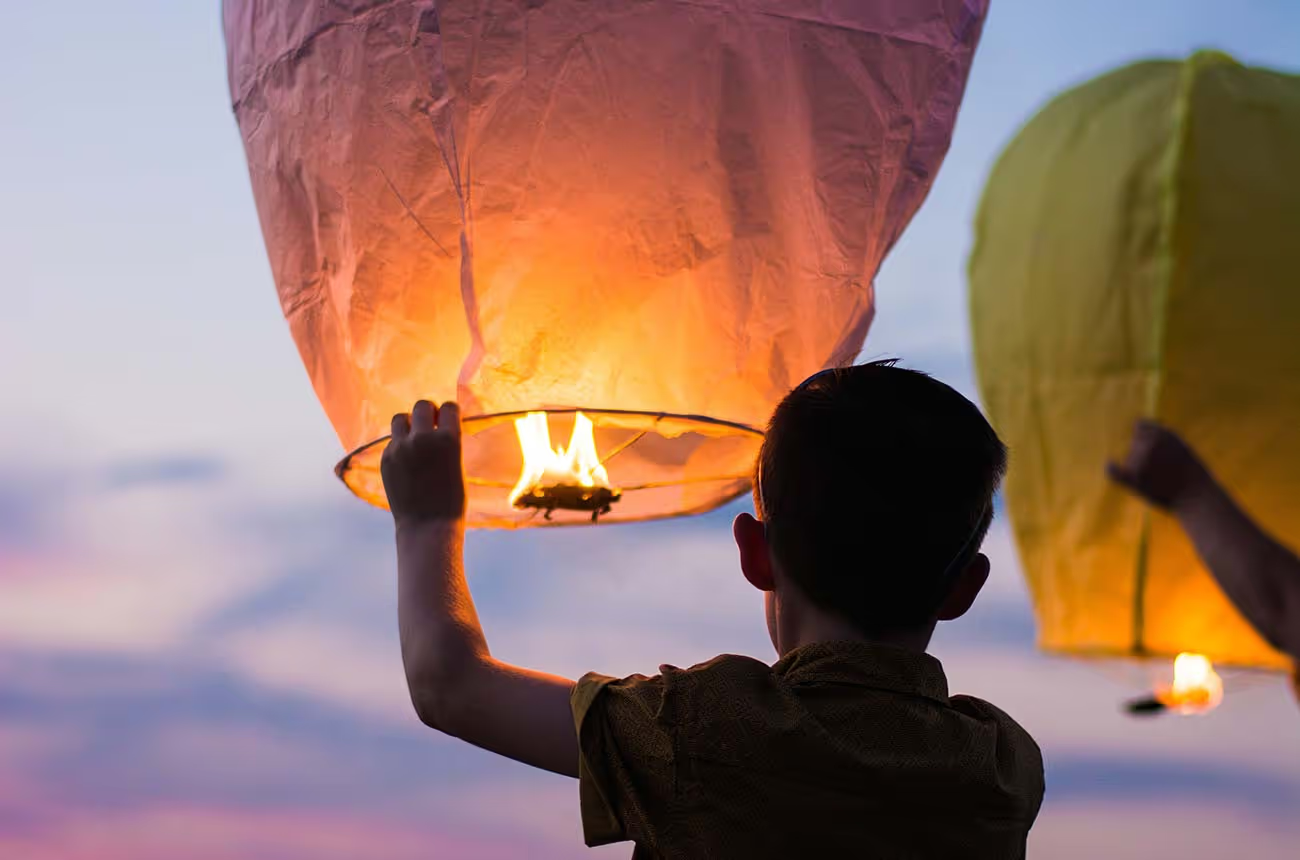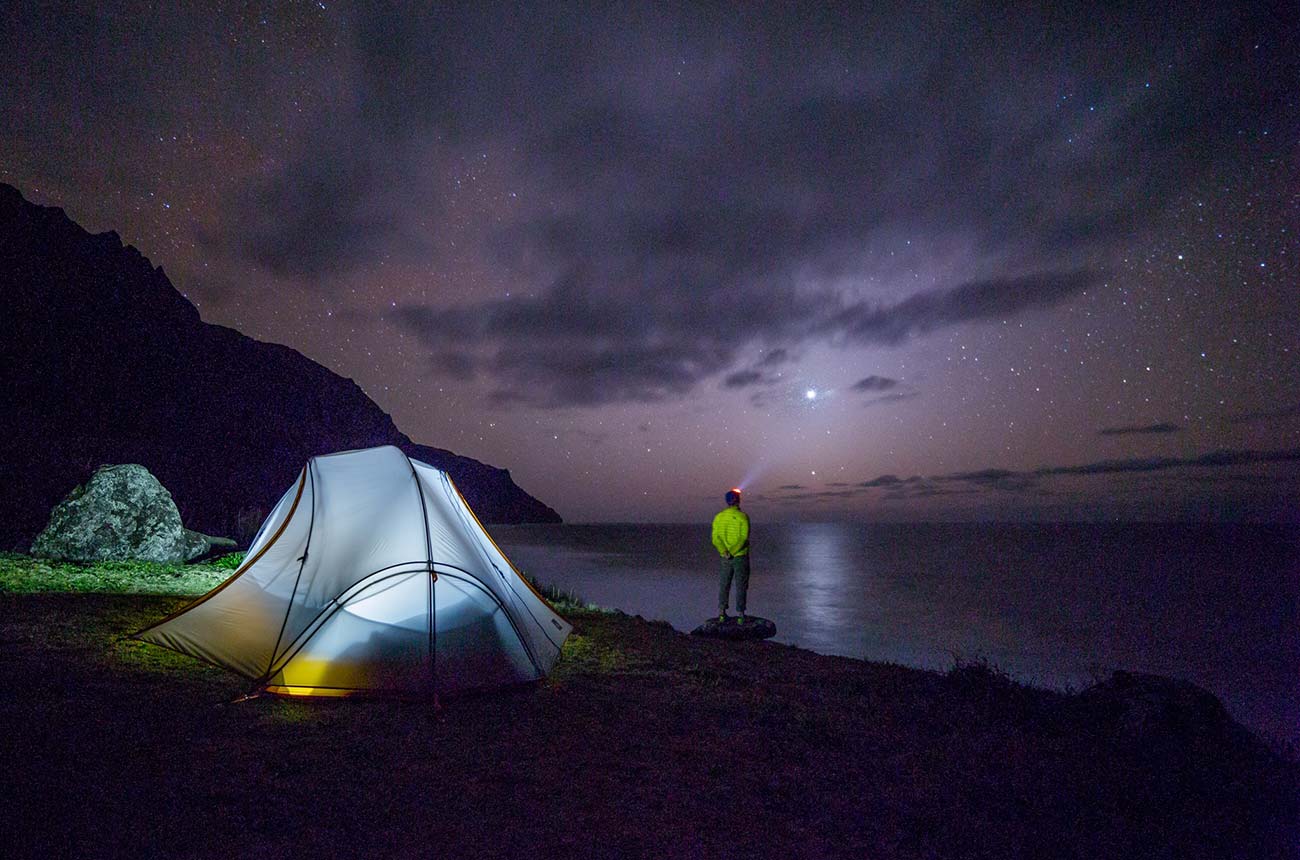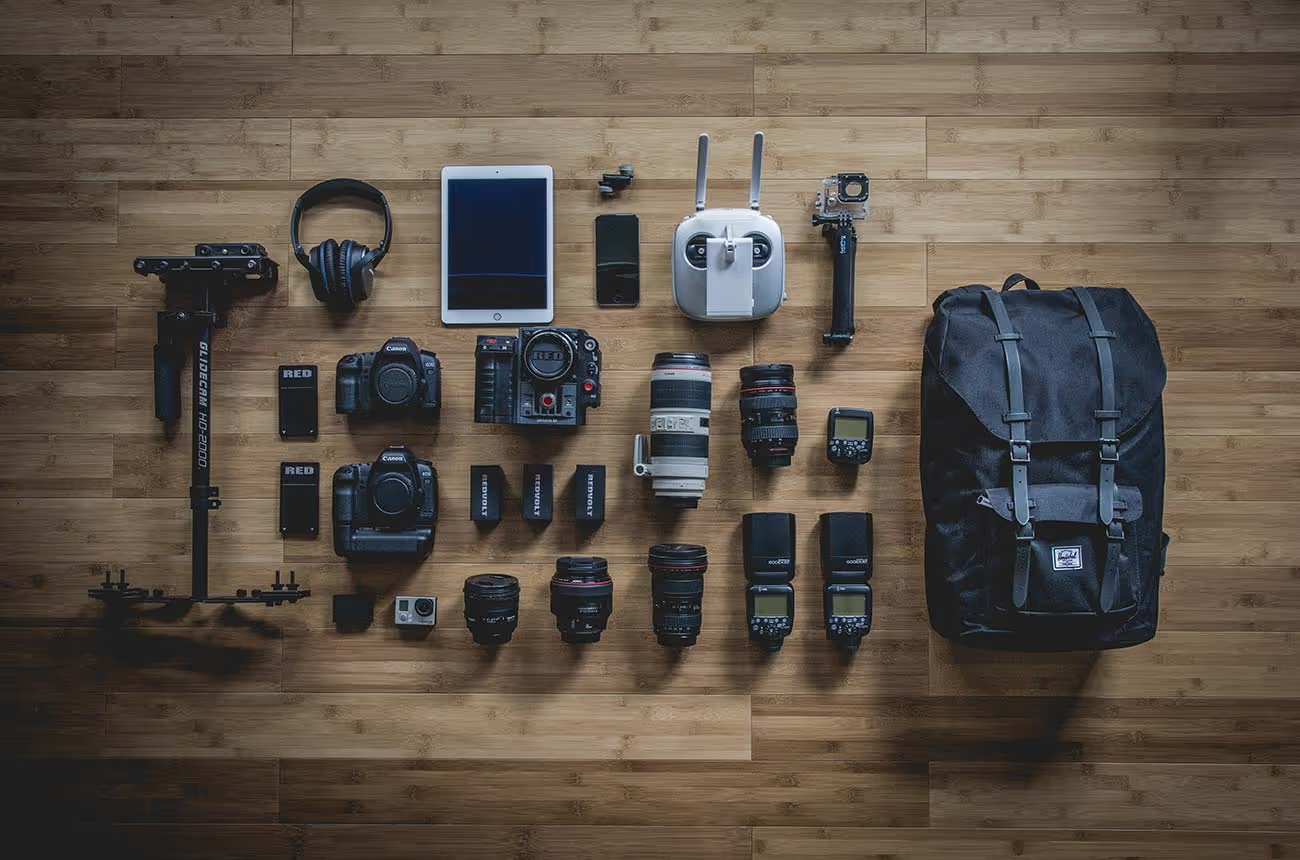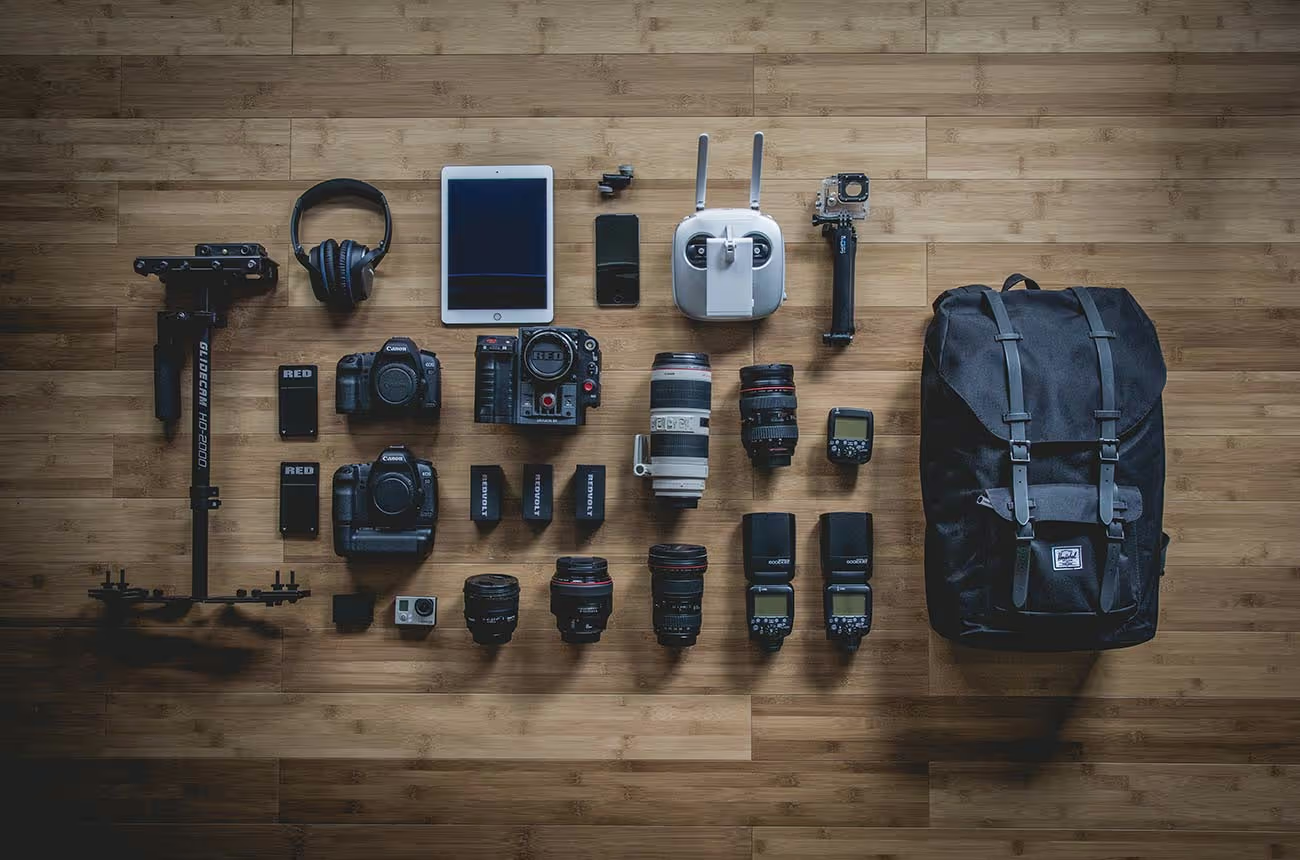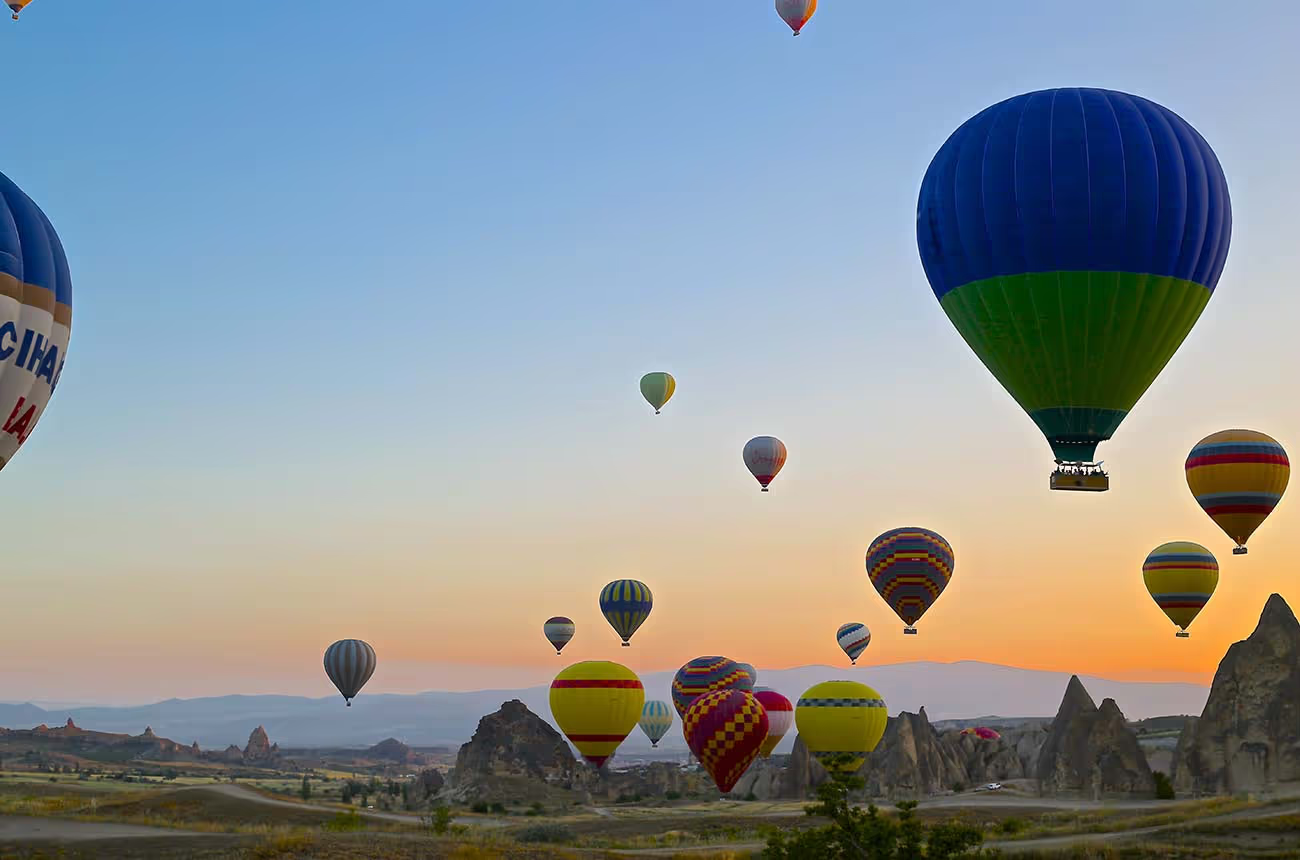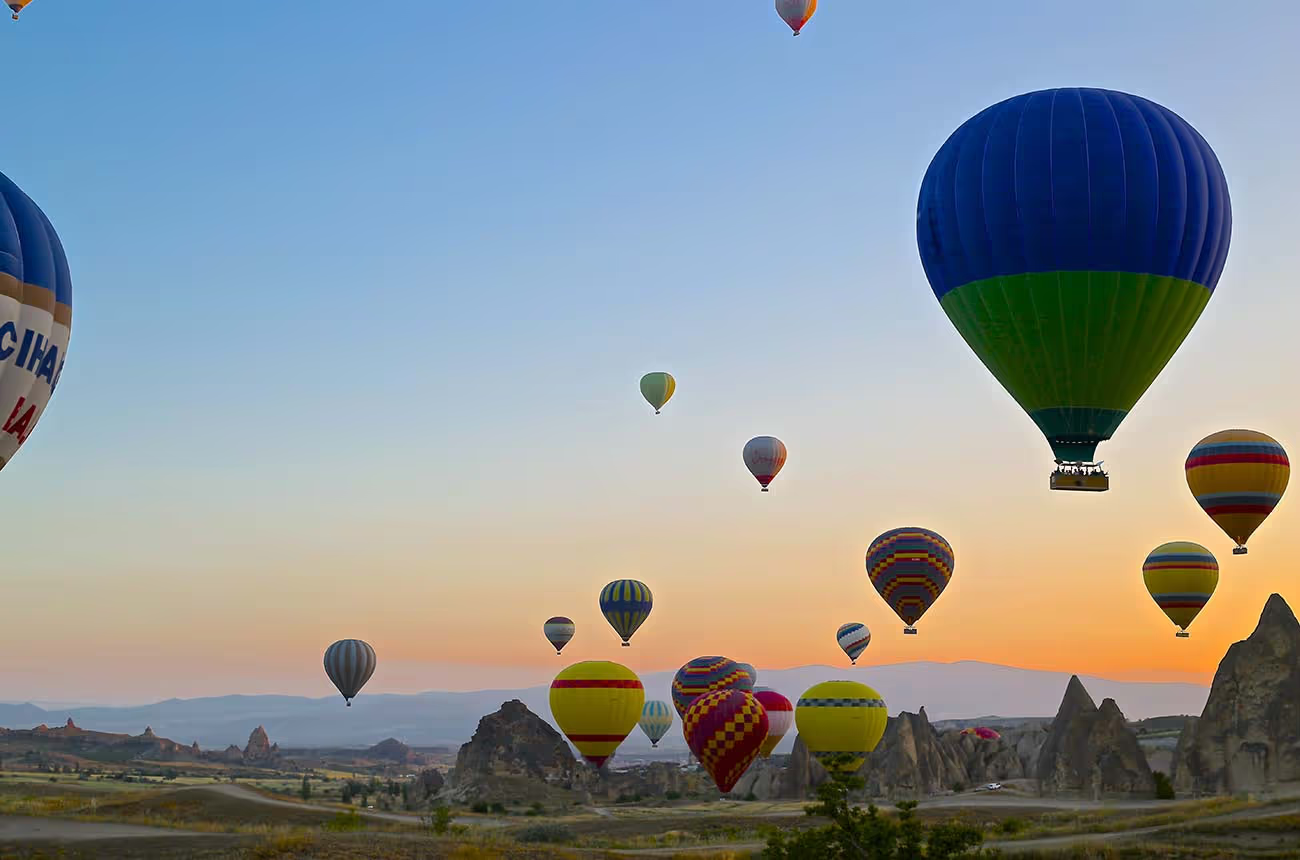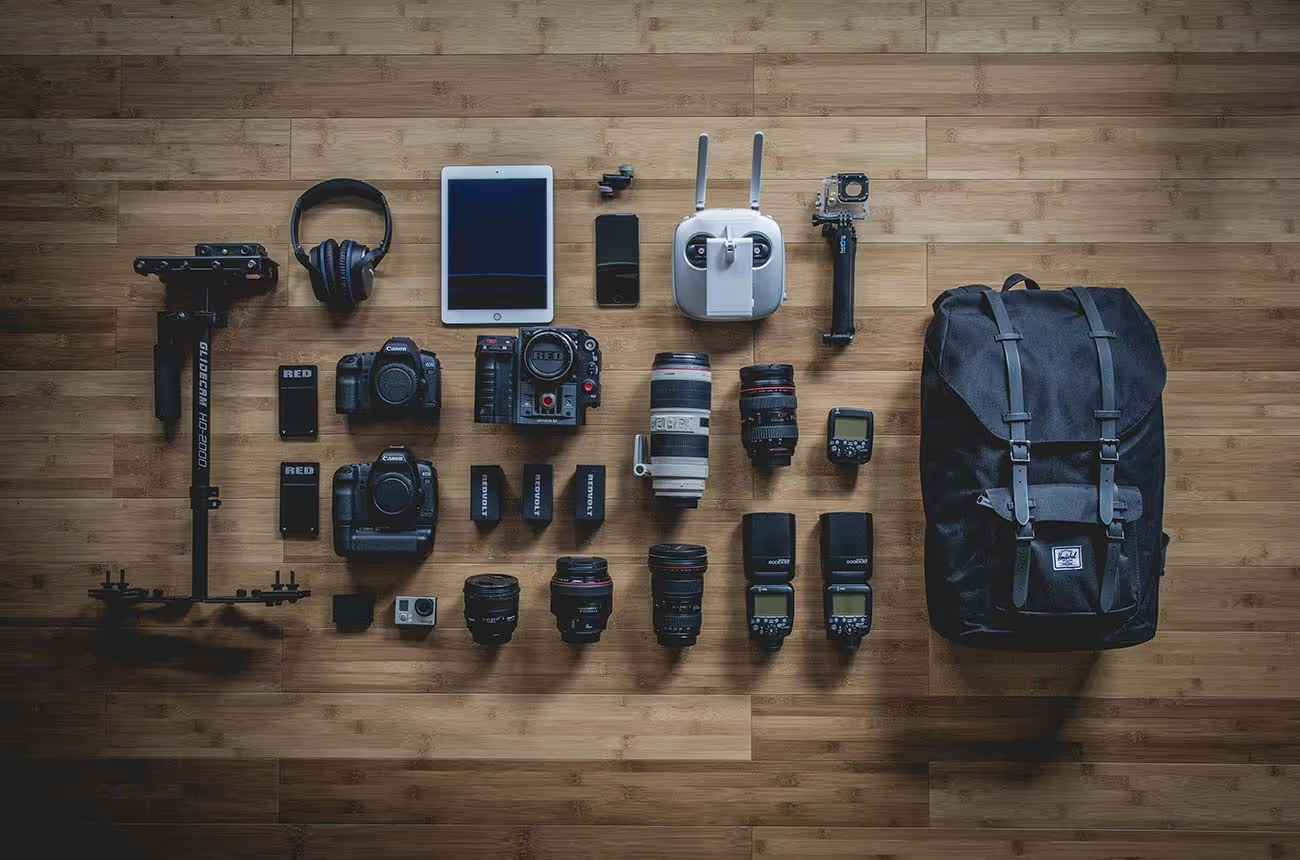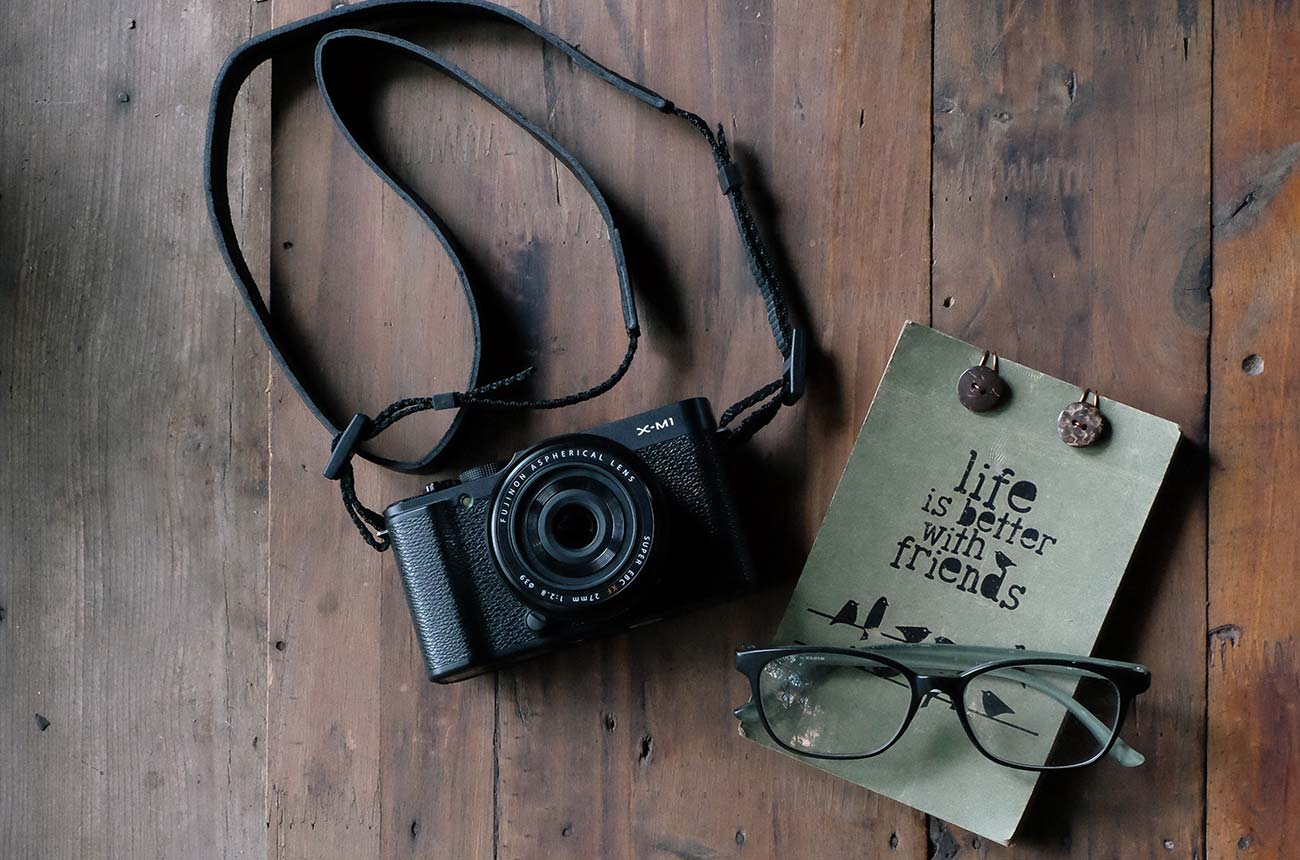
The Business of Change
I’ve been thinking about the last 50 years. Here’s a potted history. This is some of my story of the 50 year swings and changes that have occurred in the film and TV biz in Aotearoa.
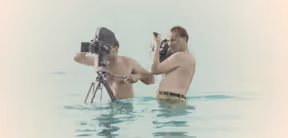
It was the early 70’s and newly liberated from secondary school – I had decided that the mostly non-existing movie business was going to be what I did. The problem I had was actually finding the real film business here in New Zealand – like I had no idea what it should look like anyway - a studio like in Hollywood MGM or a Shepperton was what I dreamed of and frankly the National Film Unit looked a bit staid and jobs- worthy – something the Government did over in Miramar - they seemed to specialise in backlit sheep, rolling green paddocks and the distant splendour of the Alps, with men in cardigans smoking pipes and hanging about the varnished edges of many isolated hotels. Was I being a bit picky?
The early 70’s felt poised on the edge of something - but we weren’t too sure what or how or when; frankly, everything was a bit boring and grey and we’d started to notice that New Zealand might be a bit of a closed shop. The idea that you got a job and hang on in there for about 60 years and that was to be your life didn’t really appeal.
Film and movies were a distant dream and the fact I had nothing yet to contribute (other than ambition) was irrelevant... I imagined, as an 18 year old does, that the glamour and the craft would somehow be included in whatever it was I would find... thus far my naïve world view of the movie industry was consumed by my third viewing (in two weeks) of 2001 a Space Odyssey which had captured my inner want and the only local independent film studio I discovered was over by the bus terminal in Kilbirnie – I found it in the phonebook – there were two numbers listed under Pacific Films - O’Shea and Anderson – I rang Anderson and made an appointment for an interview. I showed up with the armour of arrogant youth and immediately got the promise of a job – just like that!
After the first few weeks the mere ‘job’ was outdone by an all-consuming thing that I can only describe as a ‘calling’ which devoured my very soul... it was magic, it was profound - images cut to music, mixed together with sound effects, actors, a mechanical world of cameras on wheels and rails, people writing scripts, rigging lamps on pipes above the studio sets, voice artists in the sound booth, these new colleagues smoking rolled cigarettes and endlessly talking about film, it was worldly and vast, drinking real coffee, smoking Gauloises and Lucky-Strikes, obscure European movie screened at film society. I’d found a secret realm driven by an art form that simultaneously dug deeply into the horror and bliss of humanity and when we weren’t talking film we might be occupied with the making of a toilet cleaning ad or a baked beans commercials; I’d found my tribe and they even paid me to be there. Bliss, this felt like forever.
Yet, despite this ‘forever feeling’, there was still a definite sensation that everything was about to become dangerously awry. Change was ever present. Music, TV, Film, even the stable-institution of radio was poised to be something more - local bands played louder and grew their hair... the ground was shifting to somewhere and we wanted part of it... all of it! Find somewhere - fit in – drop out? - Gender challenging dress, red shoes, green nail polish and a scruffy beard... anything but ordinary – flares and heels – shock of the new - look at me! “...it’s a crazy mixed up shook up world – ah - changes” – we hit the mid 70’s not so much as an express train but we all had our fingers over the tailgate of the wagon that was leaving every small town we came from.
John O’Shea was my first boss, he made us imagine worldly yet see the cultural significance of our own backyards and the Irish in him wasn’t hoodwinked by the British Empire concept that overseas was better, his disdain for authority sat deep and unmoving. The studio breathed with a broadly strewn freedom where everyone was welcome and there was no right or wrong thinking, just the next thing to vigorously debate in the tearoom.
Meanwhile upstairs in the converted bakery Pacific Films created a platform of deeper endeavours where you might have the Tangata Whenua TV series being assembled in one edit suite and just across the creaking corridor the ‘Crunchy Bar’ TVC was playing with inter-cutting Hollywood outtakes in amongst images of Kiwiana and when released both productions were being discussed and marvelled at around the nation’s ‘watercoolers’ with the same ferocity.
Loading black and white 35mm into a couple of foreign-made cameras was one of my many first tasks – one camera was called an Arriflex 2c – German engineering - and the other an Eclair Cameflex (French) - the Arriflex was a spoil of WW2 liberated by O’Shea. Those first years quickly became about the massive changes that the arrival of colour TV bought and the purchases of a couple of Arriflex 16mm BL’s.
The first significant production those German built BL cameras bore-witness was a TV series set within the shameful echo of our colonial history by looking at the consequence that the invasion upon the Indigenous people of this country had brought to this land.
That 6 part Tangata Whenua TV series changed us who worked on it and that Sunday night TV viewing, in no small part, helped change a nation which began to address and recognise a colonial past. The word Maoritanga was printed in the Listener and it gave the emerging- rebellion of cultural awareness a new and legitimate place to stand.
A country with only one TV channel that pretty much everyone watched every night can spread the words of change in one Sunday night screening and get as much cut through as the ‘Crunchy Bar’ commercial and for widely diverse reasons everyone was talking about both productions.
The 70’s staggered onwards with Muldoon entrenched at the helm bending us as much out of shape as he could imposing the thinking of an ambitious ex- Army Corporal into the National Party caucus whilst crippling the economy with Think Big.
The once feeling of stability at Pacific Films faltered and struggled as the BCNZ (or was NZBC by then?) began to make more of their content in house and an independent freelance world with smaller more nimble production companies began to emerge in Wellington and Auckland which fiscally challenged Pacific Films ‘on staff’ concept of a studio system.
Meanwhile Allan Highet did convince Muldoon that a Film Commission was a way of creating overseas funds and hence the NZFC came into existence. Offshore, Reagan and Thatcher were conjuring up a new political doctrine that was soon destined for the next round of havoc.
Yet change in New Zealand came steaming into the heartland by way of an International rugby tour – the racist selected Springboks arrived and played – 1981 became etched in our history of shame when over an intense 57 days the country divided down the middle - the revolution festered and erupted around which, in any other country, would have been called a civil war, but in New Zealand it was reported as just a bit of ‘mixing sport with politics’. Blood flowed and it was a miracle that no one was killed.
The invasion of the rugby field in Hamilton went on Global live TV making NZ look like a police state - the protest chant went ‘the whole world is watching’ – Amandla!
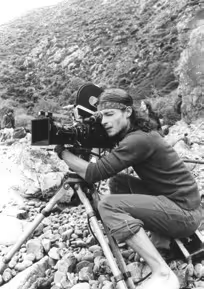
By this time I had purchased an NPR Éclair camera with two other freelance cameramen - the freelance world was new and vibrant and challenging. I didn’t want to be shackled to equipment but the other two needed a third partner so I brought in – I actually preferred to rent gear as the world of equipment was in constant change - the footage I shot (along with many other freelance camera operators) of the tour became part of the movie Patu. The shift to a freelance industry bought with it the constant hassle of finding the rent money and the need to spread yourself over many genre of film activities – it was busy times trying to out think where the trends in the evolving advertising and drama businesses were heading.
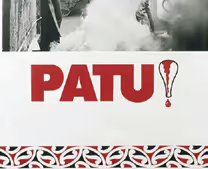
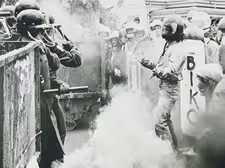
Aotearoa was becoming a place of change and adopting a worldlier outlook as the member from Māngere, David Lange, told jokes in Parliament while Muldoon drifted further into the ways of the past. Lange’s Labour Party arrived victorious in ’84, a middle-left government which immediately hi- jacked the right-wing-neo-liberal policies as proffered by Reagan and Thatcher – a destructive change came rolling over the tundra and swiftly shifting our employment laws and work ethics which challenged the moral backbone of both sides of the political divide. The railways were pulled apart, the farming sector lost its subsidies, trucking boomed yet manufacturing crashed - but in the cities there was cash spilling into streets whilst mass unemployment occurred throughout the pastoral heartland.
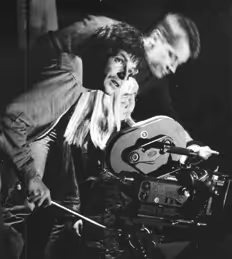
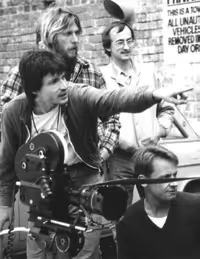
A newly ‘entitled’ middle-class quickly emerged (which I seemed to have become a part of) formed a clique by occupying the middle ground and opportunity abound... the banks posted out no limit-credit cards for us to max out and become deeply indebted to the new retail banking system, so we borrowed more for good measure – lofty ideals were abound and abundant.
I built two studios in the first 8 years of this 80’s boom and still had no idea how to run a business... the guys in suits who skimmed the cash off the top certainly saw an opportunity and middle management lurked unchallenged in the middle ground of corporate greed as they became our lawyers and accountants which merely added an annoying layer of middle management to manage.
Those that wanted the mystical and semi-opulent-life of the artist stayed attached to the ever-mutating world of freelance as our film production houses experimented with the concept of having staff. Those with a need for a more secure job headed to the growing TV system – but whichever way we were pointed we were all chasing down the changes and trying to make sense of it all.
Meanwhile, in the expanding freelance cliques we eventually began forming ourselves into handy groups of crafts- orientated teams and talk of guilds and associations began and with the flush of the unexpected wealth (that we thought we’d created ourselves) made us more inclined to borrow even more heavily from the willing Bankers and bought trucks and filled the void with lights and grip equipment and the new-fangled cameras from ‘overseas’ and like an obedient cargo-cult. ‘We built it’ and they came.

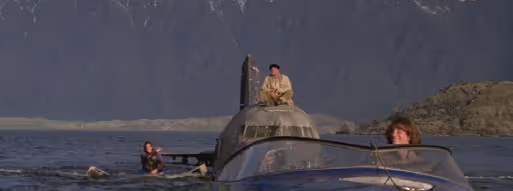
They came with those Hollywood genre pieces of high-end-faff... Battle Truck, Race for the Yankee Zephyr, Shaker Run... a couple of second tier stars thrown in and we thought we’d arrived at the gates of heaven... ‘Send cash soonest!’ – we formed our own studio system where, mostly men, sat behind shiny desks and called themselves Producers as we bent our own version of our own culture into a decade of tax-boom...which came and went and is now a mere echo imprisoned within the vaults of Film Archive which possibly tells a story of what could’ve been? You can now study these times at University as part of your BA.
The worldwide financial crash of ‘black Friday’ brought the late 80’s to a crushing close and had us wondering where all that hope went. We hung on with both hands as whole parts of business and community simply disappeared – being fired by a once complicit bank was a new experience as the debt stuck and provisional tax crippled. Our country felt like it had been driven off a cliff by a dogma that wasn’t us as the beginnings of the insurgents of multinational corporations arrived. Changes again imposed themselves upon us as we got another Catholic Prime Minister and a finance minister selling the concept of the mother of true austerity.
Yet we were still a bit naïve, believing that we could make the wealth again, and because of that we were wonderfully hopeful when we hit the ground running into the 90’s. During the 80’s boom the advertising business had stumped up with some big campaigns that had serious budget figures attached to big productions, Coca Cola, Japanese cars etc.
Then around about the time of the ‘Mother of all Budgets’ the fiscal challenges of the advertising business were brought into question when it appeared that the clients had worked out that the agencies had been somewhat ‘over egging the pudding’ for the last 2 decades. And then in a celebration of neo-liberal thinking the broadcasters fragmented their infrastructures into smaller parts within their larger entities as they could charge more for the fragmented services whilst providing less of the quality. It all became a bit shaky.
The mid 90’s felt like the business was about to shatter as the internet began to throw up more and more options which quickly became a matter of gathering a few random fragments and making something of it. Anything.
The freelance film and TV world joined the struggling class while the wealthy just got more wealthy... neo-liberalism was here to stay. Yet in a desperate desire to find legitimacy in our chosen craft and businesses we accepted the layers of bureaucracy with NZOA and the Film Commission, not to mention the Arts Council CNZ etc. etc. as we dutifully lined up for the handouts to make our productions... in a few decades the applications went from 6 pages to 82 pages and arts admin became the new business to be in... and the odd movie still got made via co-pros and self- funding and a few USA TV series arrived – and went.
We got by... just - as we got more spread out over less budget.
Then, before desperation mixed with a crippling complacency set in, it all shifted again when Team Jackson snared the Hollywood machine and shackled it to a beach head east of the airport in Wellington NZ. Where? ...they asked in Hollywood - and created the film- industrial-boom of Miramar. Middle Earth and 14 nominations of Academy Awards followed as they shifted the global technology of the movie business on its axis changing the world of film and TV forever!
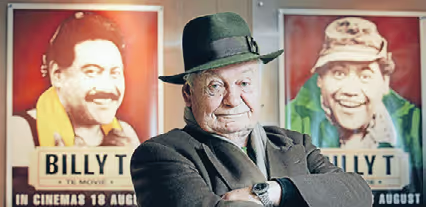
The late 90’s to the noughts had Hollywood propping up Wellington and Xena doing the same for Auckland... she booms! An empty warehouse anywhere in Auckland became a euphemism for a new studio – trucks full of film equipment expanded exponentially and then the GFC of 2009 crash-landed into every country that had a banking system that had invested into the Ponzi of hedge funding.
No one got out unscathed.
The life of the artist became a search to attach yourself to someone else’s still functioning voracity. The GFC financial recovery was slow but it eventually happened, though it never went back to how it was – it never does. The next movie project (Te Movie) saw me with the first German built digital Alexa yet we were still transferring those files onto film print for offshore sales as the distribution system was transitioning into digital cinema – change hits again without breaking a sweat. Grading a DCP (Digital Cinema Print) became the new post-production role for the DOP.
The 90’s had taught us how to be more nimble – we became good at using the few boom times to secure the odd cunning work-arounds and the occasional side hustle for when the times were lean... and so the cycle continues
They’re striking in Hollywood and when Hollywood flinches the whole world trembles. But you can now make a movie on your smartphone. You can put brilliance or crap on YouTube – Yeah go for it! It changes and then changes again... buckle up for the next 50 years, it’s going to be a doozy!
But most importantly stay well and look after each other... we’re all in this together. Kia Kaha. The work will return, but it’ll be different. Grab those changes with both hands and don’t let go and work out how to become part of the next thing... and just remember where we came from.
I love this film and TV business for the endless source of people and stories and the community that surrounds its imperfections and strengths, and the vitality of a constantly changing world.









